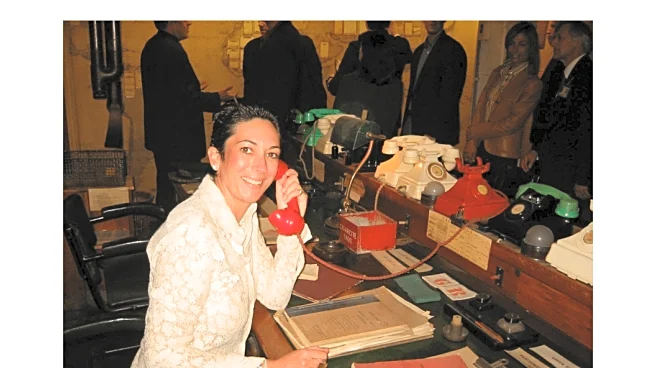Rapid Read • 8 min read
Closed Loop Partners, supported by major corporations such as Starbucks, PepsiCo, McDonald's, and Coca-Cola, initiated a 12-week reuse pilot program in Petaluma, California. The program aimed to address the waste crisis by promoting reusable food ware items. Thirty stores, including Dunkin, Habit Burger, and Peets Coffee, participated by offering consumers reusable purple plastic beverage cups without any deposit or added charge. These cups could be returned to designated collection bins around the city, where they were washed, inspected, and redistributed to participating stores. The initiative reported a successful return rate of over 50%, surpassing the environmental break-even point, which indicates a positive environmental impact compared to single-use cups.
AD
The pilot program represents a significant shift towards sustainable practices in waste management, highlighting the potential for community-wide solutions to reduce single-use plastics. With an estimated 50 billion paper coffee cups discarded annually in the U.S., initiatives like this could substantially decrease waste and promote environmental sustainability. The involvement of major corporations underscores the growing corporate responsibility towards environmental issues. Successful implementation of such programs could lead to broader adoption across the country, potentially influencing public policy and consumer behavior towards more sustainable practices.
Following the success in Petaluma, Closed Loop Partners plans to launch a similar program in a larger city in Southern California. This expansion aims to test the scalability of the reuse model and further engage communities in sustainable practices. The outcome of these programs could influence future waste management strategies and encourage more businesses to adopt reusable systems. Stakeholders, including local governments and environmental groups, may closely monitor these developments to assess their impact and feasibility for wider implementation.
The reuse movement not only addresses environmental concerns but also fosters community engagement and pride in collective action. By shifting focus from monetary incentives to community-driven solutions, the program highlights the importance of social dynamics in driving sustainable change. This approach could inspire similar initiatives in other sectors, promoting a culture of sustainability and shared responsibility.
AD
More Stories You Might Enjoy












